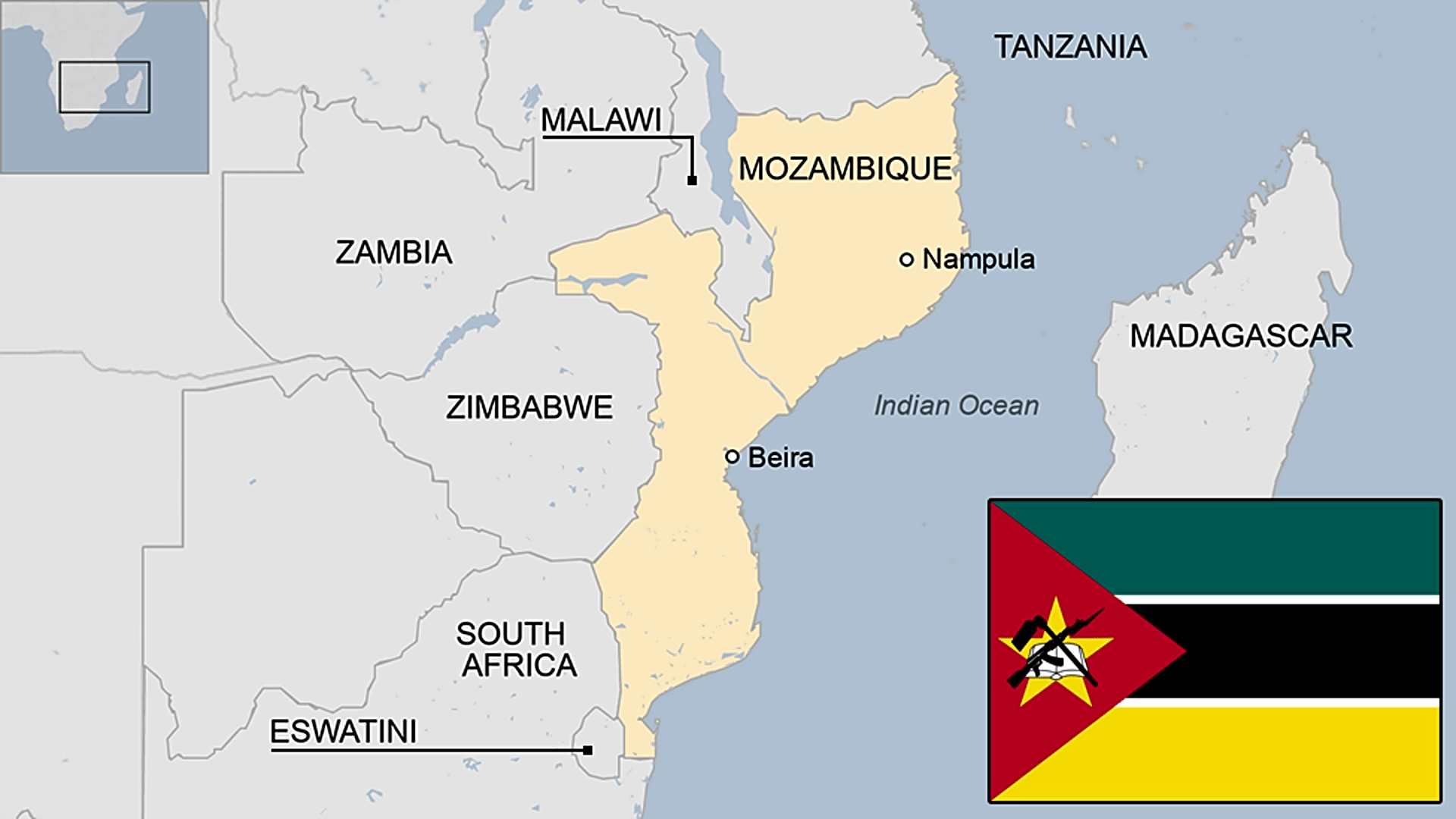Given that Africa has a large pool of youthful talent and the potential to become a hotspot for IT talents, Microsoft says it is working with governments to increase access to digital skills.
In an article, Microsoft Nigeria’s Country Manager Ola Williams said that expanding access to digital skills and technology was essential to producing a new generation of tech workers who will propel innovation on the continent and help the continent compete in the global digital economy.
Because of this, he made hints that Microsoft and the Federal Government would work together to speed up Nigeria’s digital transformation. Microsoft pledged to upskill five million Nigerians in order to create over 27,000 new digital jobs, and partnerships with regional telco providers like MTN are giving four million Nigerians free access to tech-skilling content.
Microsoft has also partnered with Flapmax and is the brainchild behind the FAST Accelerator program, which combines state-of-the-art technologies, comprehensive talent development, technical assistance, and business development methods to help entrepreneurs grow quickly and seize new possibilities.
acquiring the knowledge required for the AI revolution. There’s a solid reason why developments in AI technology are garnering attention worldwide. One of the key technologies of our day is AI. Additionally, as businesses invest in AI, there will be a growing need for qualified workers, he predicted. As to Williams’ statement in the State of AI in Africa report, AI and its associated startup ecosystems in Africa stand to gain significantly if the present patterns persist.
“As much as 50% of current GDP could be added to Africa’s economy by capturing just 10% of the global AI market,” he stated.
He claimed that in order to capitalise on the current global revolution, firms and individuals in Nigeria needed to be given the tools they needed to fully utilise artificial intelligence (AI).
Strategic collaborations among the business sector, in his opinion, might enable the implementation of more comprehensive and long-lasting programs, thus unleashing the potential of Africa’s young. He revealed that two of the top African AI communities, Zindi and Microsoft, have been advancing digital skills throughout the continent to give the next generation of tech-savvy young Africans the opportunity to acquire the skills that employers will be looking for in the job market.
Microsoft is fully committed to transforming Africa via the use of AI and digital skills; this is not just a vision, but a strategic reality. We are building the groundwork for a better future where African talent can flourish on the international scene by bridging the digital divide and encouraging innovation. By working together, we can turn obstacles into possibilities and make sure that this digital transformation doesn’t leave anyone behind,” he remarked.
The country manager justified the need to promote wider access to digital skills by pointing out that it is imperative that Africa’s youth be equipped with these abilities because the world is becoming more and more digital.
Africa, the youngest continent in the world, is predicted to account for one-fifth of the global workforce and one-third of the global youth workforce by 2030. This number is frequently cited.While Africa has the potential to become a global centre for IT skills by utilising its youth, there is still a significant shortfall in digital skills.
It is essential to acquire the skills required to compete in the global digital economy. Building digital literacy, equipping entrepreneurs with the tools they need to succeed, and developing the AI skill set required to fully utilise this technology are the three main areas on which we must concentrate our skilling efforts if we are to realise the vision of Africa as a tech hub, he stated.
He stated that digital literacy had to be the foundation, pointing out that employers throughout the world will be seeking employees with advanced digital abilities as technology quickly changed the nature of the workforce.
Furthermore, the World Bank projects that companies embracing digital technology will generate the majority of the demand for these digital skills from professions outside than ICT specialisations.70% of this demand is expected to be for basic skills, with 23% going towards intermediate skills outside of the ICT industry.
“Countries all over the continent are creating plans to develop the competencies required for the global digital economy, realising the importance of digital skills.”
“To empower its youth and improve its digital ecosystem, the Nigerian government is actively investing in digital skills development. However, reaching our youth and upskilling them is a significant challenge,” he stated. According to Williams, Microsoft created the Global Skills Initiative in 2021, bringing together resources from Microsoft Learn, GitHub, and LinkedIn Learning, in response to the need to increase access to digital skills development programs.
According to him, the initiative has aided 80 million job searchers globally in gaining access to digital skills, and over 196,000 students in Nigeria have participated so far. Additionally, Microsoft and the Nigerian government have cooperated to establish the Digital Nigeria eLearning Platform.
A year after the platform’s introduction, 125,000 students nationwide were enrolled, and 111,000 of those students completed courses in entrepreneurship and soft skills, intermediate, advanced, or fundamental digital skills.
“89,946 Microsoft certificates have been earned, and 1,164,815 people have participated in Microsoft’s all-up skilling activities in Nigeria to far. “The second area of focus must be on supporting entrepreneurs to spark innovation, startup, and SME skilling,” he declared.


